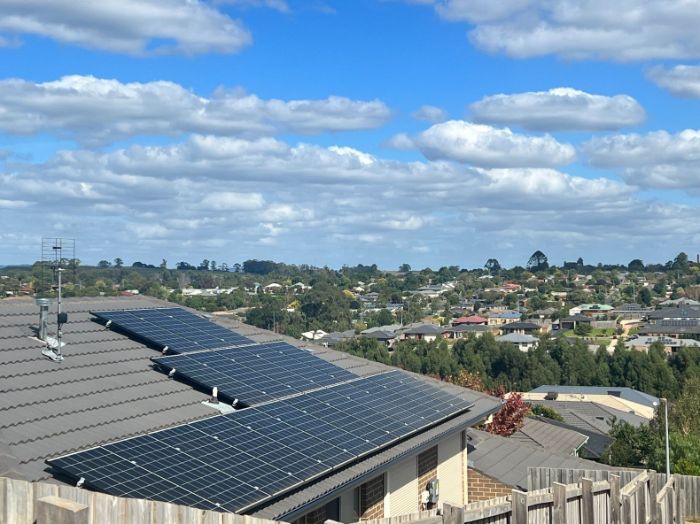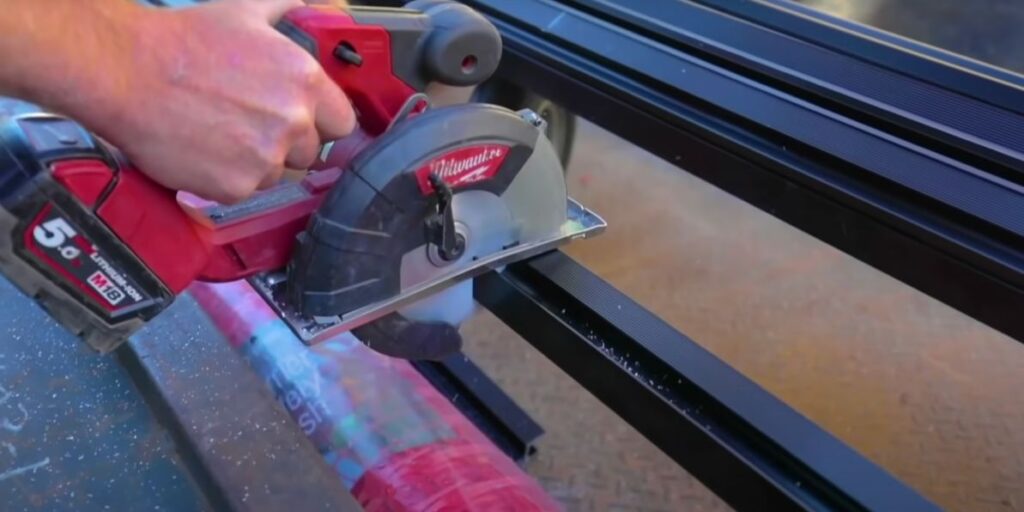Ground-mounted solar is a solar power system wherein the panels used to generate solar energy are installed on the ground of a property. Instead of being on the roof, ground-mounted solar panels are placed in open space that receives good sun exposure.
The installed solar panels can be a few inches or even a few feet from the ground based on how the solar installer set up the racking system. These panels then transfer power to a solar inverter, which can be located inside a structure or directly behind its mounting system.
In this post, we’ll answer some common questions related to ground-mounted solar to help you understand how this alternative solar PV approach works.
Is It Cheaper to Ground-Mount Solar Panels Than Roof Mount?
A ground-mounted solar panel system costs more than a rooftop system. The main reason for this is that the system will require extra materials, such as the reinforced pole structures and concrete needed for its installation. Furthermore, people will also have to pay higher for labour charges, mainly due to the added work involved in the mounting process.
You may also have to pay to have your wires buried in the ground. Digging trenches is often necessary to protect wiring components from being damaged by having mechanical protection.
Although the cost to install ground-mounted solar panels is higher than a solar roof setup, a ground-mounted system can be significantly more productive. This is primarily because it doesn’t experience shading issues. In fact, using the right solar tracking system can help property owners attain an even higher energy output than their rooftop counterpart.
This also means you can recover the expenses you made at the start faster.
How Much Space Do You Need for Ground-Mounted Solar Panels?

A ground-mounted solar panel covers an area of around 1.6 square metres. So if you plan to install 20 of these panels on your property, you’ll need to have about 33 square metres of space available.
Ground-mounted solar panels are ideal for people with large properties that have ample areas without shade. A ground installation can be better than a rooftop system because it can achieve a higher power production without increasing the number of solar panels installed.
How Long Do Ground Solar Panels Last?

Most ground solar panels can operate for 25 years or more before any sign of reduced energy production or degradation is noticed. But, of course, this will highly depend if the owners are providing the appropriate maintenance for these green power systems.
Yet even if ground-mounted solar panels have started to degrade, they will still continue to produce energy, although at a less efficient rate. Solar panels won’t entirely stop producing energy, but there will come a time when the degradation rate may be significant enough to warrant a complete replacement.
As for solar inverters, these devices can last between 10 to 15 years. The shorter lifespan of inverters is because they do most of the work when they convert solar energy into electricity that the property can use.
